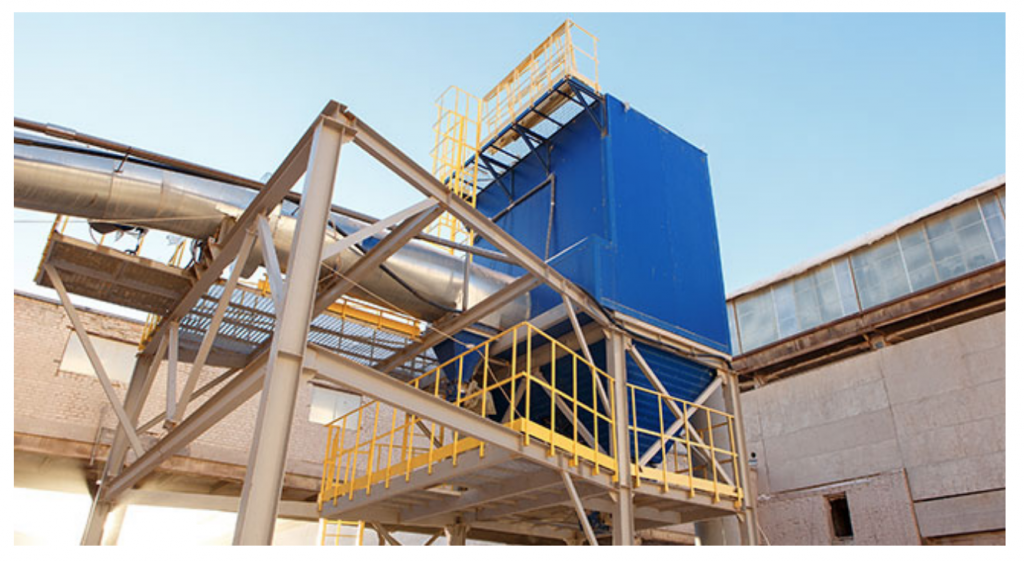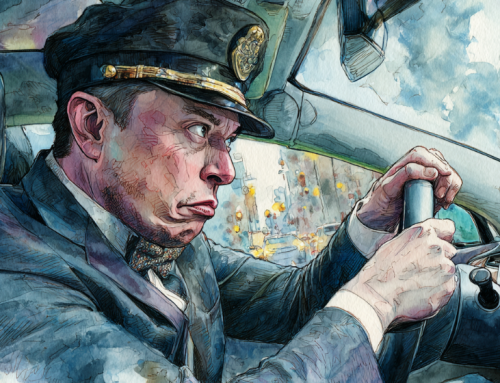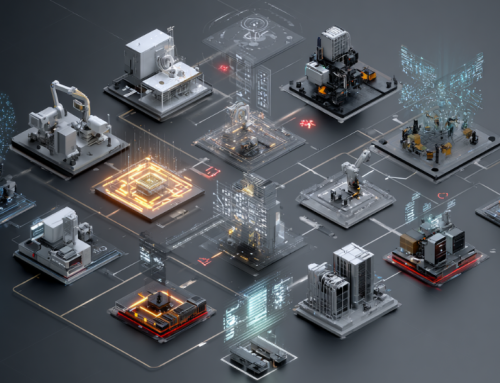
AI is helping HVAC systems to control airflow in schools, which limits aerosol transmission of the COVID-19 virus. (Source: Campussecurity.com)
AI Companies Adapt Systems to Prevent Virus Transmission in Schools
Many states opened schools for in-class learning on Monday, August 31. After 6 or more months of the Covid-19 virus scaring parents, some have adopted technology that may help make schools safer.
For example, Seeflection.com reported on a school in Las Vegas that is using AI in several ways. In Las Vegas, the private K-12 Meadows School plans to use an artificial intelligence-powered thermal screening system to keep students safe as they return to classes.
The system will scan for signs that students have elevated temperatures — an indication they might have Covid-19 — as they enter buildings for their classes. If they’re flagged, the students will be asked to wait separately for about 10 minutes, and then get their temperatures taken again. If the result is within a normal range, they’re cleared to start their day. If not, they’ll be sent home.
“Things are strange enough. Kids are going to be coming to school with masks. They’re going to be meeting friends with masks,” Jeremy Gregersen, the head of school at Meadows, told Recode.com. “They’re going to be meeting their teachers for the first time in person in strange new ways, and what we want is for kids to feel welcome and to normalize their arrival at school as early as possible.”
Covid in the Air Conditioning
An article by Omar Tabba found on campuslifesecurity.com states:
“The risks school officials will be facing are well described in an open letter to the World Health Organization regarding the airborne transmission of COVID-19 and the research and conclusions made by over 239 experts. The evidence they cite is significant and implies that the virus can be spread via aerosolization in indoor environments and get recirculated via the HVAC system.”
The Centers for Disease Control (CDC) has made recommendations to manage risk based on other airborne pathogen-based diseases. The time it takes to remove the pathogens from the air and the number of air changes per hour can mitigate risk. Maximizing airflow depends on building equipment, but with AI it’s possible to increase the flow beyond the 20% (likely) fresh air intake minimum to reduce pathogens and airborne transmission. Increasing air changes per hour in a building by a factor of 3 to 5 can lower the time it takes to eliminate an airborne virus by 60 to 80%.
AI Adjusts for HVAC Variables
AI can be used to more quickly and efficiently automate airflow exchange, using guidelines made by the CDC and the American Society of Heating, Refrigeration and Air-Conditioning Engineers (AHSRAE). It also adjusts for weather, peak demand charges, presence of pollutants and varying occupancy rates.
“In other words, AI can change its instructions to your HVAC equipment based on the number of students in a room, the time of day, changes in weather throughout the day, and more, all while ensuring a comfortable environment for your building occupants,” Omar Tabba writes in the campuslifesecurity.com story.
And still another approach to help reduce virus transmission is a kiosk. PreciTaste, which usually sells AI tools to the food industry, created a kiosk called “AI Welcome Center.” The sensor-laden display offers a voice-activated health quiz and performs temperature checks. The device also uses AI to tell if the person at the kiosk is wearing a face covering.
“We trained it with images of our staff wearing different assorted masks, and the algorithm can just reliably detect whether or not a masked face is present or not,” Charlie Pynnonen, an engineer at PreciTaste, told Recode. “It takes no personally identifying information.”
While the system is being tested with some restaurant clients in New York and Munich, the company is hoping to install the kiosks in schools. The idea is that the system could be deployed at the entrance to dorms or other buildings. PreciTaste says it’s had interest from some schools in the United States, including a school district in Kentucky.
While AI companies are working fast to keep students and teachers safe, more research is needed to increase safety at public gatherings. AI will most certainly play a large role.
read more at www.vox.com/recode







Leave A Comment